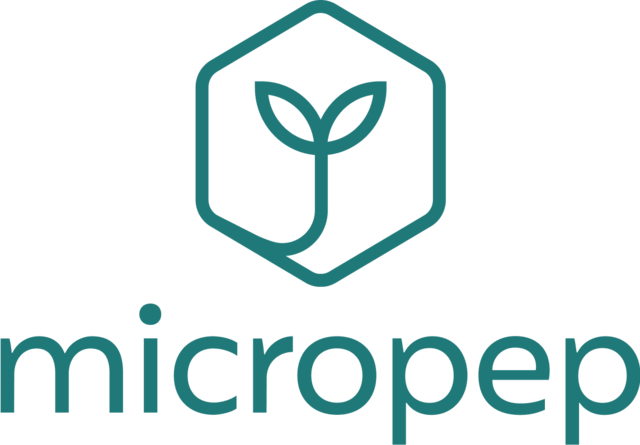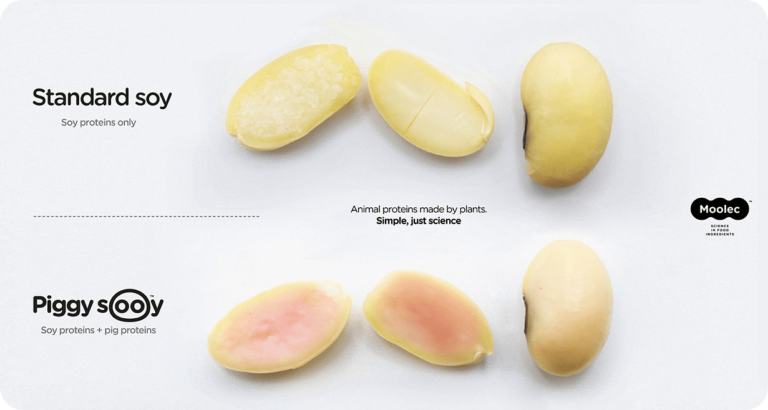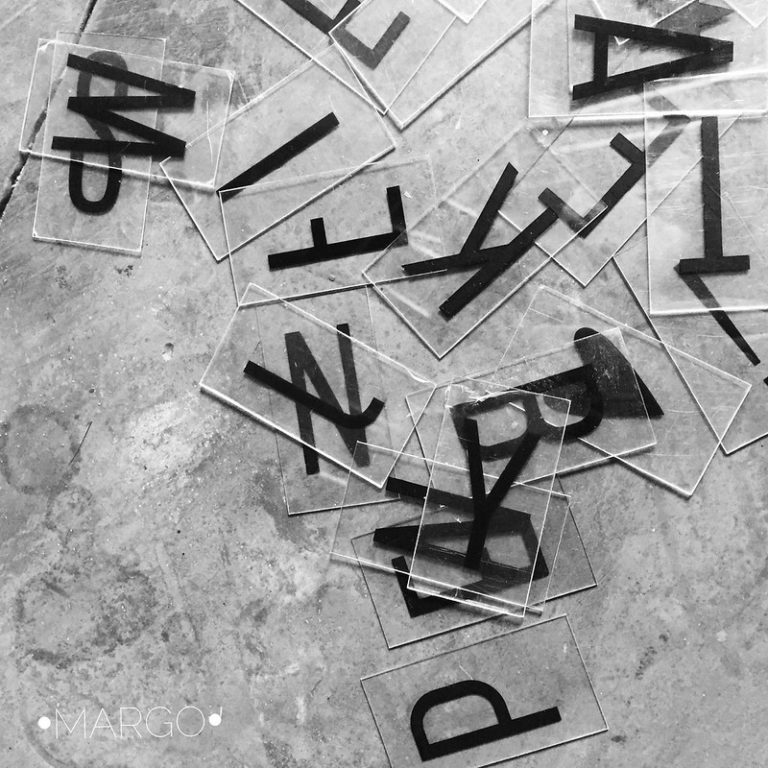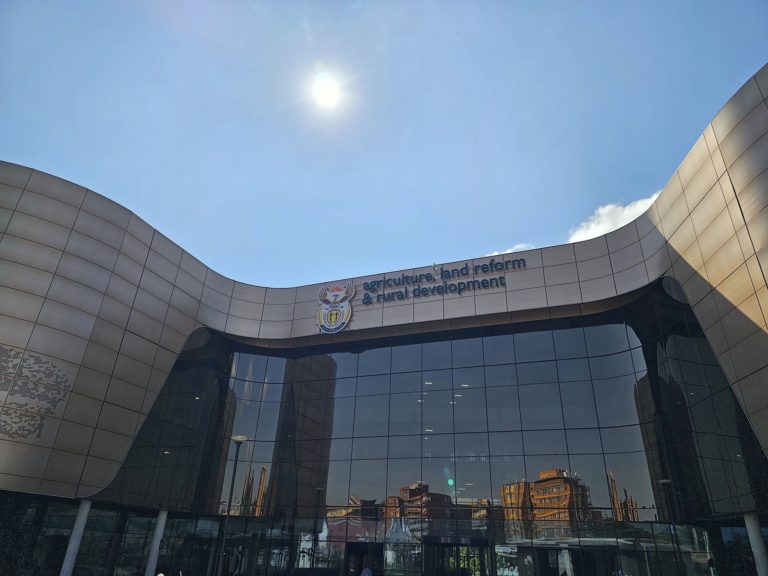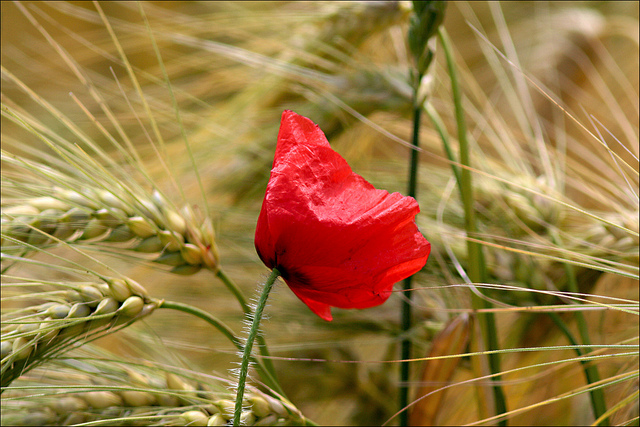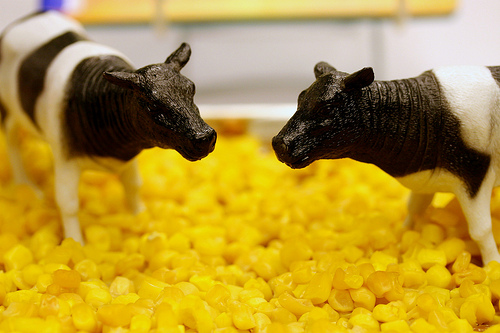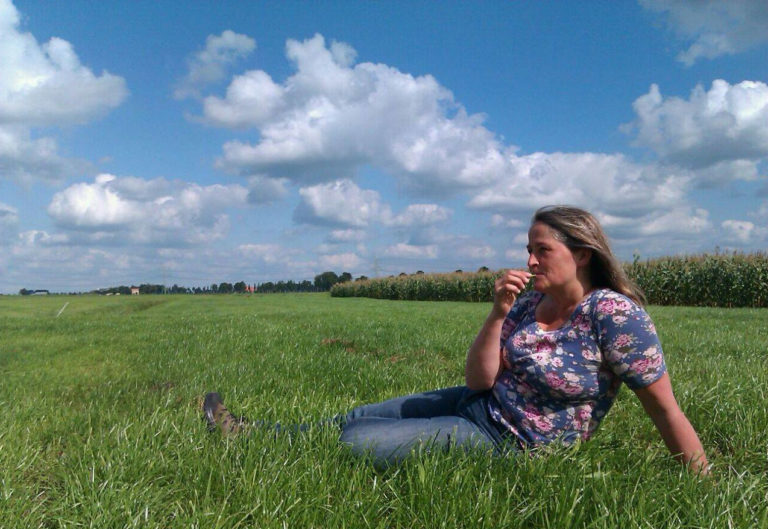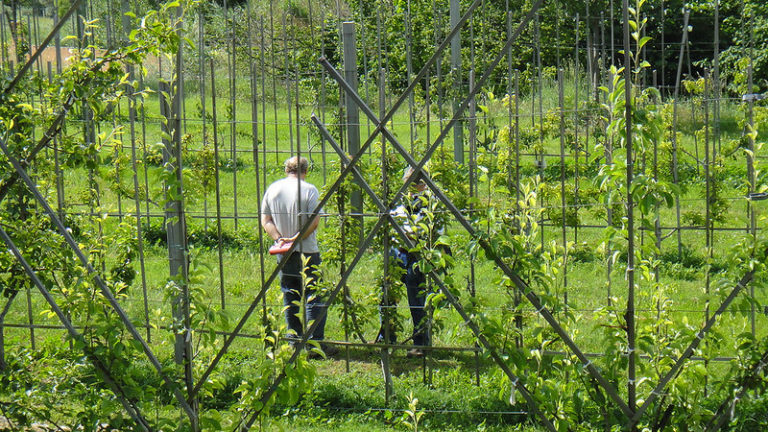Actualités
EU – UPOV : free trade agreements vs. food security

The European Commission is negotiating trade agreements with third countries. In the process, it advocates for the adoption of the International Union for the Protection of New Varieties of Plants (UPOV) Convention. Thus, it is acting as the strong arm of industrial property rights that considerably restrict farmers’ rights over seeds. At the same time, however, the Commission ambitions to fight food insecurity… without farmers’ varieties and seeds?
In “The European Green” communication of 11 December 2019, the European Commission states that « (t)he EU will work with all partners to increase climate and environmental resilience to prevent these challenges from becoming sources of conflict, food insecurity, population displacement and forced migration, and support a just transition globally » [1].
This objective is to be implemented, in particular, through the European Union’s trade policy. In 2022, the Commission, which conducts trade policy on behalf of the Member States, again referred to the contribution of trade agreements to promoting a ’green and just transition’ and sustainable development. Clearly, the European Commission’s ambition is that « economic growth goes together with the protection of human rights, decent work, the climate and the environment » [2].
Without commenting on their real or supposed effectiveness, it is undeniable that the trade agreements recently concluded by the European Union or currently being negotiated often contain environmental clauses [3]. However, it is also undeniable that the European Union, taking advantage of its economic power as the world’s largest domestic market, is imposing clauses on its trading partners that are incompatible with the stated objectives of combating food insecurity or ensuring climate resilience. Trade agreements are in fact above all a privileged means of exporting its own standards and thus opening up markets.
The European Commission, strong arm of UPOV 91
When negotiating trade agreements with third countries, the European Commission pushes its partners to adopt strict rules on intellectual property rights for plants. More specifically, it is pushing for the insertion of a clause in the trade agreement that obliges its partner to protect plant breeders’ rights in accordance with the 1991 Act of the International Union for the Protection of New Varieties of Plants (UPOV Convention) [4].
This Convention grants exclusive rights to breeders on the use of the variety they have bred [5]. The breeder can thus prohibit or limit the reproduction of his variety by others, and in particular by farmers. Farmers are in principle not allowed to exchange seed of a protected variety. The 1991 UPOV Convention allows States to authorise, as an optional exception, farmers to reproduce seed of a protected variety for their own use on their own holdings, provided the legitimate interests of the breeder are safeguarded (ie. if farmers pay royalties). States may exempt “small farmers” [6] from paying these royalties.
Exclusive rights under the UPOV Convention can only be granted to varieties that meet the criteria of novelty, distinctness, uniformity and stability (DUS). These criteria do not take into account the diversity of local growing conditions and are incompatible with farmers’ varieties. Furthermore, nothing prevents a breeder from homogenising and stabilising a farmers’ variety from claiming to have discovered it and protecting it with a breeders’ right. He can then prohibit farmers who have selected and conserved the original variety from continuing to use it freely on the pretext that it would be essentially derived from his new variety [7].
A questionable trade strategy
States that accept to comply with UPOV rules are deprived of the ability to determine their own seed policy according to their local needs and conditions. In the “South”, in particular, the majority of seeds come from farmers’ seed systems. The rights of farmers to save, use, exchange and sell seed are at the heart of these systems. The rules of the UPOV Convention contradict these rights even though, according to studies, informal seed systems still feed between 60 and 80% of the world’s population [8] [9].
On the other hand, the varieties covered by the rules of the UPOV Convention are not adapted to peasant farming in the South, which is often characterised by small-scale family farms. These rules, whose design owes much to the influence of French plant breeders [10], were negotiated in the 1960s and tightened in 1991 within the framework of UPOV. The countries on which the European Commission is trying to impose them did not participate in these negotiations. This is the case, for example, with India, Indonesia and the Philippines, with whom trade negotiations are currently underway. The inadequacy of these rules has been highlighted in several reports. For example, farmers’ organisations such as La Via Campesina and the German federal agency for international development cooperation, the Deutsche Gesellschaft für Internationale Zusammenarbeit (GIZ), recommend that developing countries should not join or apply the UPOV rules [11].
As for the UN Special Rapporteur on the right to food, he notes « that the 1991 Convention puts undue pressure on small-scale farmers ». He urges Member States to « (n)ot pressuring other Member States to join the International Convention for the Protection of New Varieties of Plants in any way. Being a party to that Convention should no longer be required as part of bilateral or regional agreements. Member States are strongly encouraged to remove such requirements from current agreements » [12].
It is hardly surprising, then, that the EU’s strategy raises objections. In the case of the free trade agreement being negotiated between the EU and Indonesia, for example, almost 90 farmers’ and civil society organisations recently addressed an open letter to the Indonesian government and the European Commission calling for the removal of the clause obliging Parties to respect the rules of the 1991 UPOV Convention [13]
From a legal point of view, the European Commission’s strategy also raises questions. Firstly, because there is no obligation for states to protect plant varieties through the system set up by UPOV. The World Trade Organisation, of which not all states in the world are members, leaves them the choice of providing for the protection of plant varieties either by patents, or by an “effective sui generis system”, or by a combination of these two means [14].
The system set up by the UPOV Convention is only one example of a sui generis system. However, the practice of the European Commission instils the false idea that compliance with this system is the only possible option for establishing an “effective sui generis system”. India, which is not a member of UPOV and with which trade negotiations are currently underway, has adopted an original sui generis system accepted by the WTO : the 2001 Protection of Plant Varieties and Farmers’ Rights Act. The Act allows for the protection of ’farm varieties’, sets up a benefit-sharing mechanism and recognises farmers’ rights over their seeds. If the Indian government were to accept the European Commission’s proposal [15], it would have to abandon this law, which is much more favourable to farmers than the UPOV rules.
Above all, many farmers’ and civil society organisations, lawyers and also states consider that the European Commission’s strategy contradicts a number of international commitments, such as those under the Convention on Biological Diversity and the International Treaty on Plant Genetic Resources for Food and Agriculture (ITPGRFA). The Preamble to this Treaty states that « the rights recognized in this Treaty to save, use, exchange and sell
farm-saved seed and other propagating material […] are fundamental to the realization of Farmers’ Rights, as well as the promotion of Farmers’ Rights at national and international levels ». Article 9 commits Parties not to interpret the provisions of the Treaty in a way that « limit(s) any rights that farmers have to save, use, exchange and sell farm-saved seed/propagating material ». UPOV considers that the fact that this rules applies only “subject to national law and as appropriate” allows its states to ignore them.
The Supreme Court of Honduras, in a landmark ruling at the end of 2021, also found that the rules of the 1991 UPOV Convention are in contradiction with these international treaties. It found that the Honduran law implementing these rules violated the right to food [16].
When the European Commission forces its trade partners to adhere to the UPOV Convention
Depending on the trade agreement, the way in which the clause requiring EU partners to respect the rules of the 1991 UPOV Convention is drafted varies. Sometimes the clause goes so far as to require the trade partner to adhere to the Convention. This is the case, for example, in the association agreement with Lebanon [17] or Algeria [18].
This means these states cannot denounce the 1991 UPOV Convention without also withdrawing from or requesting a revision of the trade agreement signed with the EU, with all the trade consequences that this may entail. As noted by APBREBES and Both ENDS, the obligation to accede to the UPOV Convention through a trade agreement thus has far greater consequences than a country’s unilateral wish to accede to the Convention on its own [19].
[1] Communication from the European Commission, « The European Green Deal », 11 December 2019, COM(2019) 640 final.https://eur-lex.europa.eu/legal-content/EN/TXT/HTML/?uri=CELEX:52019DC0640&qid=1662372431398&from=FR
[2] Communication from the Commission to the European Parliament, the Council, the European Economic and Social Committee and the Committee of the Regions, « The power of trade partnerships: together for green and just economic growth », 22 June 2022, COM(2022) 409 final.https://eur-lex.europa.eu/legal-content/EN/TXT/HTML/?uri=CELEX:52022DC0409&qid=1662373191627&from=FR
[3] Pirlot, A.,« La dimension environnementale des accords de libre-échange : une perspective européenne », Revue internationale de droit économique, 2020/2 (t. XXXIV), p. 183-201. https://www.cairn.info/revue-internationale-de-droit-economique-2020-2-page-183.htm
[4] F. Batur, F. Meienberg et B. Ilge, Plant variety protection & UPOV 1991 in the European Union’s Trade Policy : Rationale, effects & state of play, Both Ends et APBREBES, November 2021.https://www.apbrebes.org/sites/default/files/2021-11/Apbrebes_UPOV91-EU_EN_11-21_def_0.pdf
[6] A small farmer is one who harvests less than the equivalent of 92 tonnes of cereals, which in France represents more or less than 15 ha of cereals depending on the region.
[8] ETC Group, Who will feed us ? The Industrial Food Chain vs. The Peasant Food Web, 2017. https://www.etcgroup.org/sites/www.etcgroup.org/files/files/etc-whowillfeedus-english-webshare.pdf.
[9] FAO, The State of Food and Agriculture, 2014.https://www.fao.org/3/i4040e/i4040e.pdf
[10] Bonneuil, C. et Thomas, F., Semences : une histoire politique, Éditions Charles Léopold Mayer, 2012.
[11] Deutsche Gesellschaft für Internationale Zusammenarbeit, The UPOV Convention, Farmers’ rights and Human rights, 2015.
[12] United Nations General Assembly, Seeds, right to life and farmers’ rights, Report of the Special Rapporteur on the right to food, Michael Fakhri, A/HRC/49/43, 30 December 2021.
[13] Both Ends, Civil society calls upon EU and Indonesia to respect the rights of Indonesia’s farmers, 30 juin 2022. https://www.bothends.org/en/Whats-new/Press/Civil-society-calls-upon-EU-and-Indonesia-to-respect-the-rights-of-Indonesia-s-famers-/.
[14] Article 27 §3 b) of the WTO Agreement on Trade-Related Aspects of Intellectual Property Rights (TRIPS).
[15] The European Commission’s proposal, published on 11 July 2022, is to add an article to the FTA that reads as follows : « Each Party shall protect plant varieties rights in accordance with the International Convention for the Protection of New Varieties of Plants (UPOV) as lastly revised in Geneva on 19 March 1991. The Parties shall cooperate to promote and enforce these rights ». https://circabc.europa.eu/ui/group/09242a36-a438-40fd-a7af-fe32e36cbd0e/library/e83c104e-e20d-4100-bdfc-0216b540dafc/details
[16] https://www.infogm.org/7405-honduras-victoire-droits-des-paysans-face-aux-droits-des-semenciers?lang=fr.
[17] Council Decision of 14 February 2006 concerning the conclusion of the Euro-Mediterranean Agreement establishing an association between the European Community and its Member States of the one part, and the Republic of Lebanon, of the other part (2006/356/EC). https://eur-lex.europa.eu/legal-content/EN/TXT/HTML/?uri=CELEX:32006D0356&qid=1662384000652&from=FR
[18] Council Decision of 18 July 2005 on the conclusion of the Euro-Mediterranean Agreement establishing an Association between the European Community and its Member States, of the one part, and the People’s Democratic Republic of Algeria, of the other part (2005/690/EC). https://eur-lex.europa.eu/legal-content/EN/TXT/HTML/?uri=CELEX:32005D0690&qid=1662384218366&from=EN
[19] F. Batur, F. Meienberg et B. Ilge, Plant variety protection & UPOV 1991 in the European Union’s Trade Policy : Rationale, effects & state of play, Both Ends et APBREBES, Novembre 2021.https://www.apbrebes.org/sites/default/files/2021-11/Apbrebes_UPOV91-EU_EN_11-21_def_0.pdf







